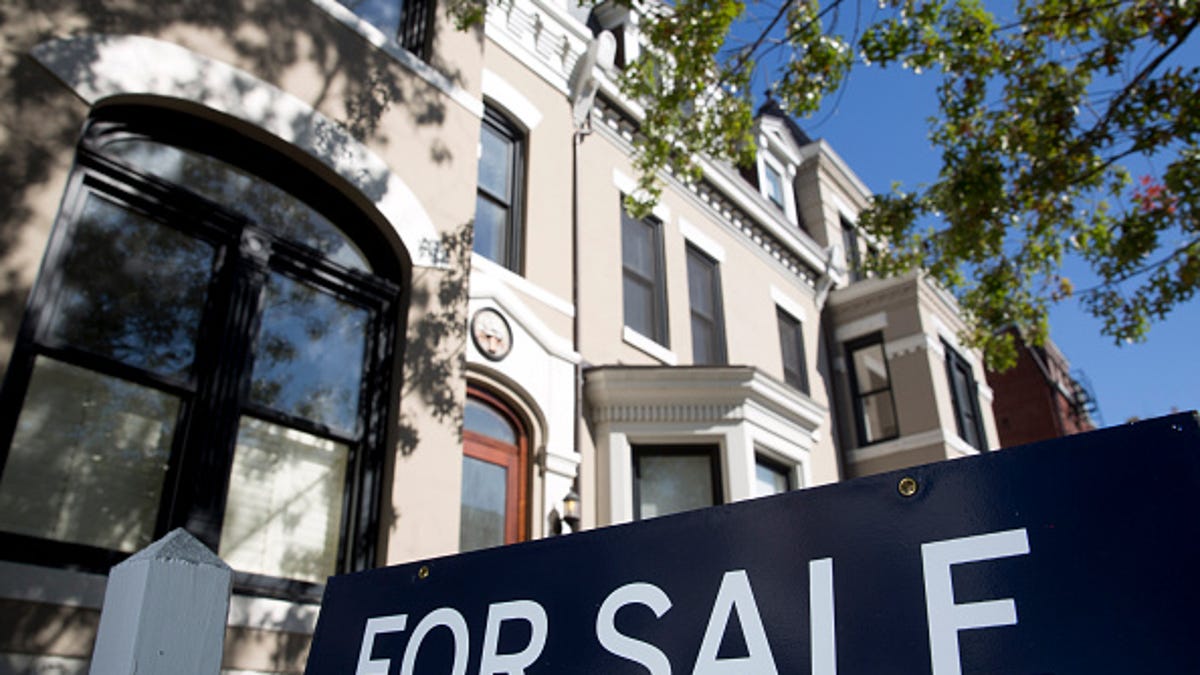Why Rising Mortgage Rates May Be Your Ticket to Loan Approval
Rising interest rates have an upside -- they may help you get approved for a home loan more easily.

Home prices in 2021 saw the largest annual increase in 34 years.
If you couldn't get approved for a mortgage in 2021, you may have better luck this year. Thanks to rising interest rates, buyers have better opportunities to be approved for a home loan. Mortgage lenders are beginning to ease lending requirements for prospective homebuyers, as indicated in the Mortgage Credit Availability Index, a key measurement of how willing lenders are to issue home loans. This tends to happen when interest rates rise and fewer people are applying for mortgages due to the increasing cost of home loans. This slowing demand creates an opportunity for homebuyers who may not have been approved for a mortgage previously.
Thirty-year mortgage rates crossed the 5% mark for the first time in seven years in April. That increase, coupled with skyrocketing home prices, also pushed many buyers out of the market -- but now that lenders are looking to drum up business it means they may approve larger loans, providing an opening for buyers who couldn't compete with the avalanche of all-cash offers that became commonplace during the peak of the frenzied pandemic housing market. This move toward loosening lending standards is especially helpful for cash-strapped buyers or those who couldn't afford large down payments in a tight market that saw home values surge 19% in 2021, the largest annual increase in 34 years.
But as lenders start to offer larger loans, it's important to keep in mind that you still have to find a house and mortgage you can afford.
"Just because you qualify for a certain size loan doesn't mean you have to borrow that much," said Greg McBride, chief financial analyst at Bankrate.com. (Bankrate, like CNET, is owned by Red Ventures.) "Ultimately you're the one that is stuck with the payments, and it needs to be a payment that you can afford, not just now or in your best year, but sustainably in month in and month out, in good years and bad."
Lenders relaxing credit standards can also help buyers with lower credit scores get approved for a home loan. In the first quarter of this year, Fannie Mae and Freddie Mac approved almost 17% of loans for people with credit scores ranging from 620 to 699, up from 9.4% in the first quarter of 2021, according to an analysis of federal mortgage data by Inside Mortgage Finance.
"Credit availability has gradually trended higher since mid-2021, but remains around 30% tighter than it was in early 2020," said Joel Kahn, a vice president at the Mortgage Bankers Association, in its Mortgage Credit Availability report for March.
Credit remaining tight isn't necessarily a bad thing however, McBride said, and is still tighter than it was prior to the pandemic.
"Given the run-up in home prices and the risks to the economy ahead, that's a good thing," he said. "We don't want to go back down the road of 2004-2006 when credit standards got increasingly lax even as home prices increased to nosebleed levels. It didn't end well."
So even though interest rates going up isn't necessarily a good thing when it comes to taking on a mortgage -- you will ultimately pay tens of thousands of dollars more over the lifetime of the loan -- higher rates have opened the door to buyers who weren't able to get into the housing market otherwise.

